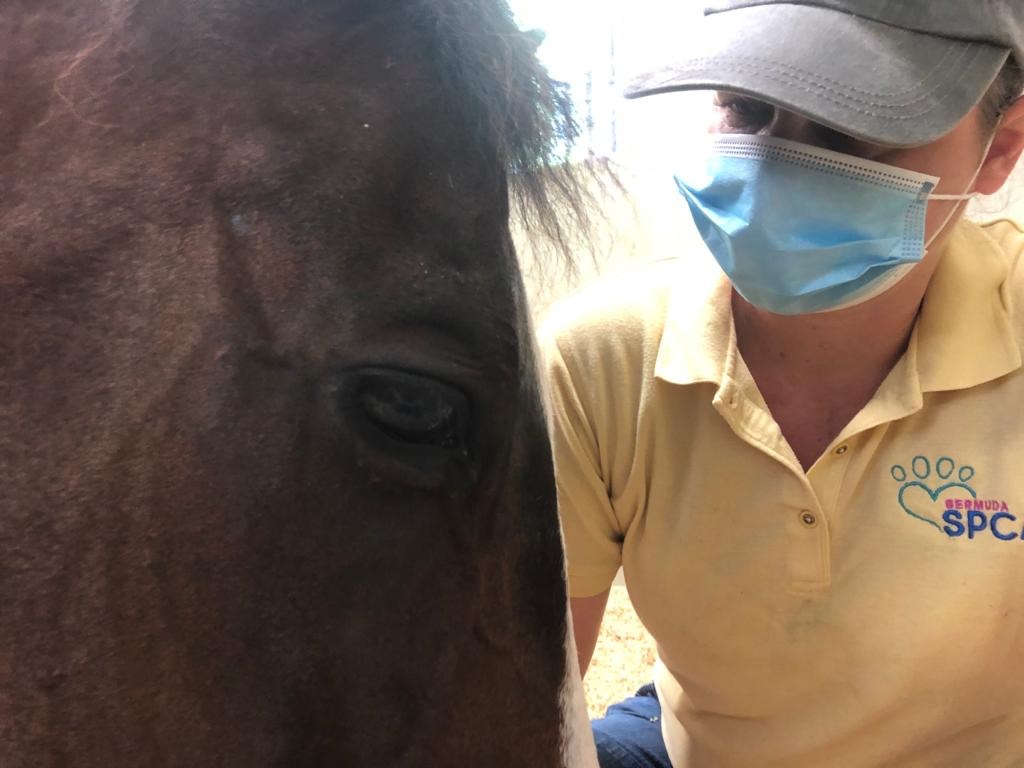The end of talking therapy for trauma?
Trauma, and its effects on our everyday life, has been receiving increased attention in the wake of COVID-19.
In the last few years there has been a fundamental reappraisal of how trauma is treated. The 2014 bestselling book, The Body Keeps the Score, argued that traumatic stress is held in the body as well as in the mind. This means that to treat trauma effectively, you need to treat it holistically.
Due to this revelation many clinical psychologists (including myself) have embarked on additional training in evidence-based embodied therapies such as Eye Movement Desensitisation and Reprogramming therapy (EMDR). This technique is then combined with more traditional trauma work, such as trauma-focused Cognitive Behavioural Therapy (CBT) in which the traumatic memories are talked about and re-framed.
But in cases where traumatic experiences have happened when the person was very young, before they could adequately symbolise it in words, this trauma can remain pre-verbal.
Trauma can even be non-verbal; so terrible that it resists language and cannot be spoken. In these cases we, as clinicians, often see the effects of trauma manifesting in the person’s everyday behaviour and in their relationships.
Transgenerational Transmission of Trauma
Another emerging area of research in this area is the transgenerational (or intergenerational) transmission of trauma and the developing field of intergenerational psychiatry.
In attempting to account for their own emotional suffering a client (with the help of their therapist) may be searching past experiences for a cause; but it seems to elude them. That it can never be fully captured in words is usually because it never directly belonged to them. Instead the pain and fear have been held in epigenetic memories and become part of family life, with the previous generations doing their best to manage the effects of this unspeakable trauma.
In cases such as these, the embodied therapies are the only effective treatment. And it is not just trauma, there are other mental health disorders that are held in the body, such as eating disorders and addictions; even those suffering from schizophrenia have been found to benefit. These disorders have a physicality about them which words and medications often cannot reach.
Animal-assisted psychotherapy and trauma
Animal-assisted psychotherapies are embodied therapies. Clients who have difficulty communicating can easily participate. The healing progresses through touch and the non-verbal alignment of emotions.

There is now a growing body of evidence within the Eagala Model for the effectiveness of equine-assisted psychotherapy in healing those who have experienced trauma. There are even entire practices dedicated to working with veterans suffering from PTSD.
The key for all trauma therapies is helping the patient symbolise their experiences. Once symbolised they can be properly ‘digested’ and then encoded as an emotionally-manageable memory. If this is successful these memories can then be retrieved, by choice, and further utilized in the never-ending development of the Self.
Talking therapies can do this effectively and they do work for many people; but not all, however. And the people for whom these approaches do not work tend to be, as always, members of society who are disenfranchised and socially disadvantaged.
This is precisely why we started TheraTails: to offer trauma treatment to those who require more specialised approaches and who often need them the most; and as they are often the least likely to be able to afford such therapies, we also thank our generous sponsors at Third Point Re, whose funding means the cost is even less!
Contact us today to find out more.
